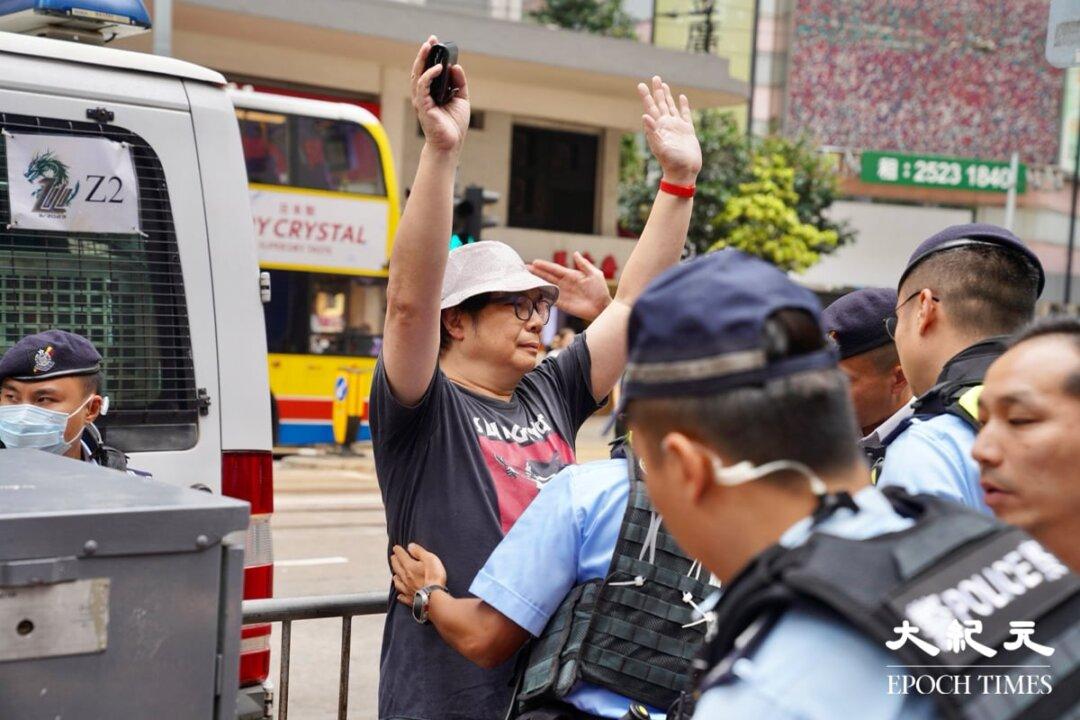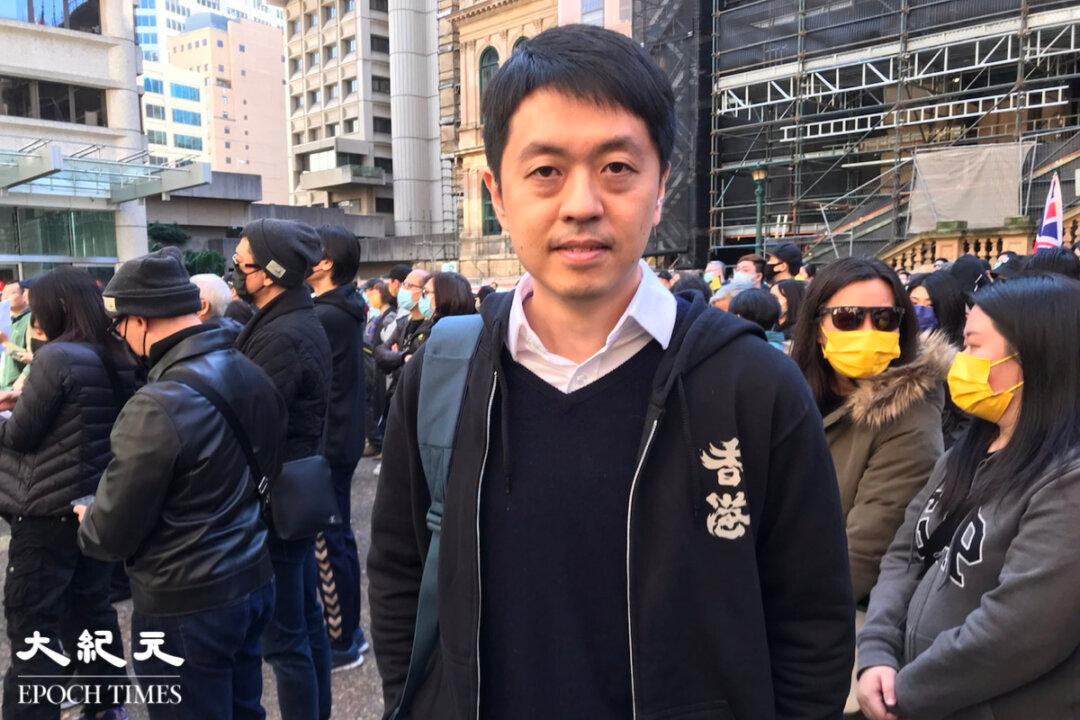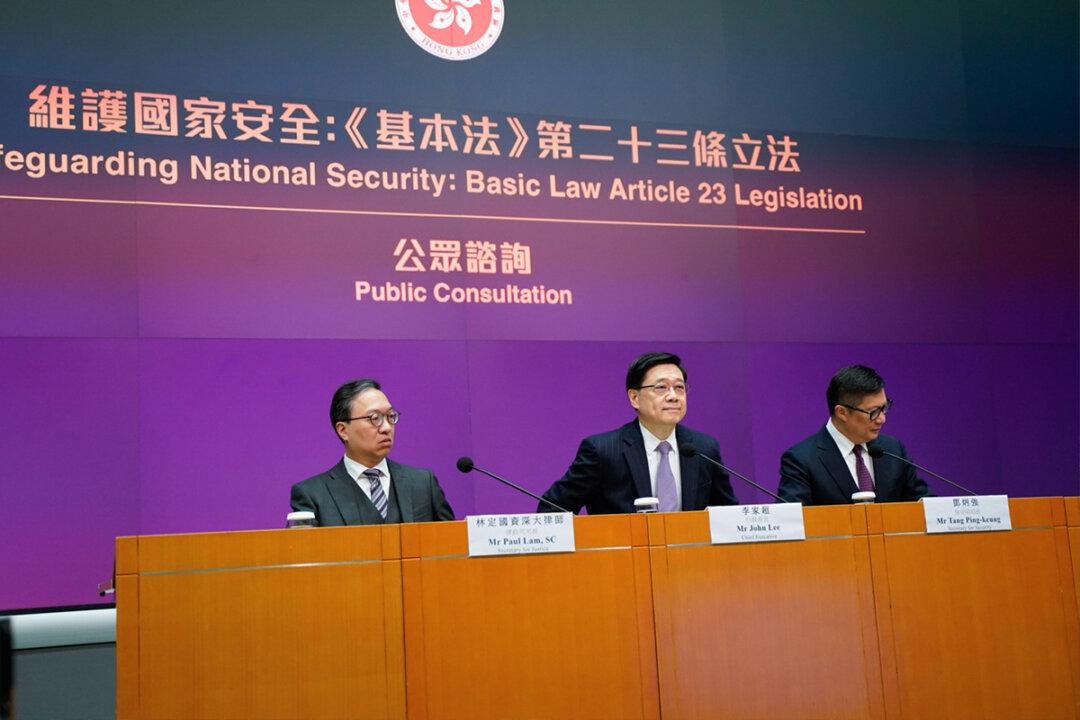Scam methods are becoming increasingly sophisticated. Recently, advertisements have appeared on YouTube channels suspected to be AI fabrications showing well-known people promoting products or services and ways to invest. The person’s visual appearance and sound of the voice seem correct, but they are actually fabrications.
Around three years ago, Mr. Chan, a Hong Kong resident, received an anonymous call from a person claiming to be an HSBC bank employee. The caller asserted that Mr. Chan’s PayMe mobile wallet account would be upgraded and that a verification code would be sent to his mobile phone, allowing customer confirmation for the upgrade to proceed. You might wonder why Mr. Chan believed the caller was a bona fide HSBC employee, but the caller could quote a lot of Mr. Chan’s personal details, including his full name in both Chinese and English and his ID card number. After the verification code was successfully sent to the mobile phone, the caller asked Mr. Chan to read out the verification code. Because Mr. Chan was not in any way suspicious of the caller’s credentials, he read out the verification code to the caller. Mr. Chan then assumed that this confirmation would enable the upgrade of his PayMe account.




